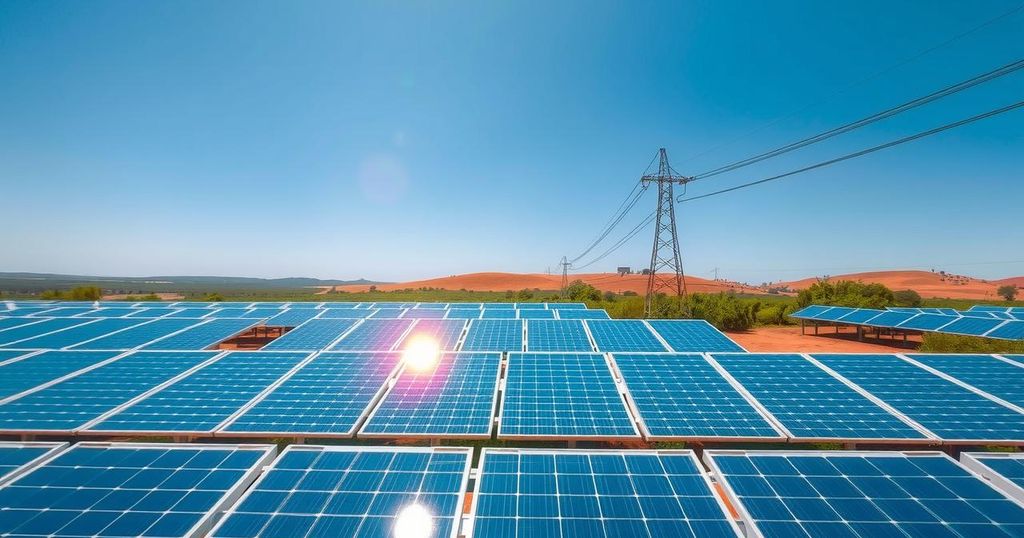Enphase Energy has lauded Brazil’s new fire safety standard, NBR 17193, which requires rapid shutdown functionality for solar installations. This standard enhances safety by addressing risks related to high-voltage direct current systems and promotes best practices in solar system safety. Enphase’s microinverter technology is aligned with these requirements, ensuring safer energy transitions for Brazilian installations.
Enphase Energy has praised the establishment of Brazil’s new fire safety standard, NBR 17193, which mandates rapid shutdown functionality for solar installations in all buildings. This standard prioritizes safety, especially concerning the risks associated with high-voltage direct current energy components, such as centralized string inverters. Enphase’s microinverter technology converts low-voltage direct current from solar panels into safe low-voltage alternating current right at the source, thereby mitigating the need for high-voltage DC systems in both residential and commercial setups.
All Enphase microinverters are equipped with rapid shutdown functionality, which facilitates the immediate de-energization of solar systems during emergencies, aligning with the new safety protocols. The safety standard requires that all solar installations in Brazil be equipped with such capabilities before grid connection, thereby promoting the protection of property, individuals, and emergency responders. This initiative also reflects global standards in solar safety practices. Brazilian installers and distributors seeking detailed information about the standard may visit the Enphase website.
The implementation of the Brazilian Association of Technical Standards NBR 17193 highlights a significant advancement in solar safety. Enphase Energy’s technologies are well-suited to meet these evolving standards, positioning the company as a leader in promoting safer solar energy systems. As Brazil advances its regulatory approaches, Enphase remains committed to championing practices that protect both users and emergency personnel in the solar energy sector.
Original Source: www.tipranks.com




